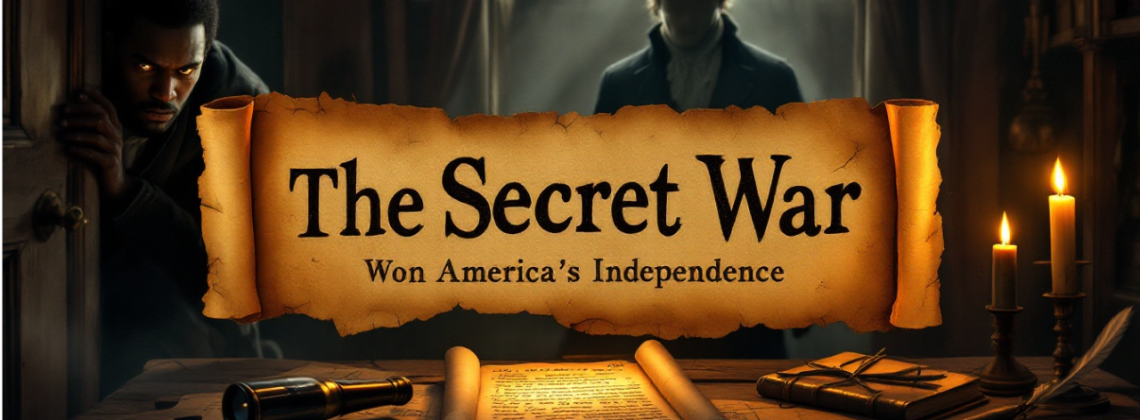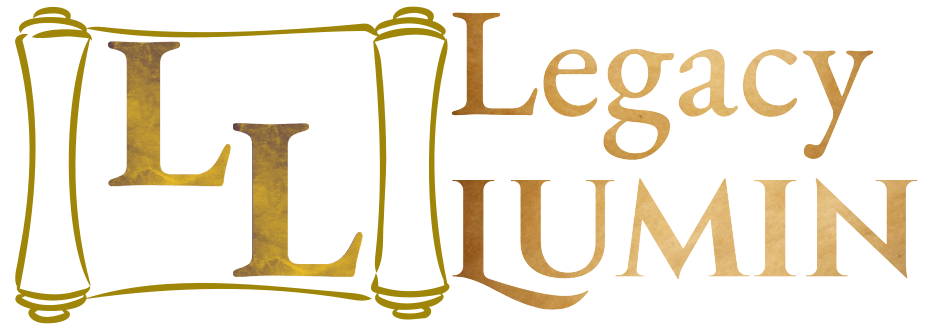
When we think of the American Revolution, we picture iconic moments like Washington crossing the Delaware or the Battle of Bunker Hill. But behind the scenes, a quieter, more covert war played out—a war of whispers, secret codes, and daring individuals whose invisible efforts were just as pivotal to the fight for independence. These spies, operating in the shadows, risked everything to ensure freedom for a nation yet to be born. Let’s dive into this fascinating slice of history and uncover the heroes of America’s secret war.
The Culper Ring: A Network of Shadows
In 1778, General George Washington established a spy network known as the Culper Ring to gather intelligence on British movements in New York, the enemy’s stronghold. At the heart of this network was Abraham Woodhull, a cabbage farmer who operated under the alias Samuel Culper Senior. Despite his lack of formal training, Woodhull used dead drops, coded messages, and invisible ink made from ferrous sulfate and water to relay critical information to Washington—all while pretending to be a loyalist.
Woodhull wasn’t alone. Anna Strong, another key member, used her laundry as a tool for espionage. She would hang garments on her clothesline in specific patterns to signal where messages were hidden. This seemingly innocuous act was a stroke of genius, though one misstep could have cost her life. These everyday individuals, armed with courage and ingenuity, became silent warriors in the fight for freedom.
Audacity in Action: James Armistead Lafayette
James Armistead Lafayette, an enslaved man in Virginia, took audacity to new heights. With permission from his master, he joined the revolutionary cause and infiltrated British camps by posing as a runaway slave. Gaining the trust of General Cornwallis himself, Armistead accessed invaluable information about British strategies and troop movements. His intelligence directly contributed to the victory at Yorktown in 1781, a decisive moment in the war. Afterward, with the support of the Marquis de Lafayette, Armistead gained not only his personal freedom but also a place in history as a hero of both the revolution and the fight against slavery.
Nathan Hale: A Tragic Reminder of Sacrifice
Not all spies saw their missions succeed. Nathan Hale, a Yale-educated schoolteacher turned spy, met a tragic fate at just 21 years old. Caught with incriminating notes in his shoe, Hale was hanged as a traitor. His reported final words—“I only regret that I have but one life to lose for my country”—remain a stirring testament to the sacrifices made by those in the shadows. Spies operated without the protections of soldiers; if caught, they faced immediate execution, a grim reality that underscored their bravery.
The Mastermind: Benjamin Tallmadge
Every great operation needs a mastermind, and for the Culper Ring, that was Benjamin Tallmadge. As Washington’s spymaster, Tallmadge devised numerical codes, prearranged signal sites, and dead drops—concepts revolutionary at the time. Under his leadership, the Culper Ring became a linchpin of the American intelligence effort, providing Washington with the insights needed to outmaneuver the British. Washington himself once wrote, “There is nothing more necessary than good intelligence to frustrate a designing enemy,” highlighting how pivotal these efforts were to the war’s outcome.
Unsung Heroes: Women and Everyday Patriots
Women played critical roles in the secret war, often using their domestic lives as cover. Nancy Morgan Hart, for instance, disguised herself as a man to infiltrate British gatherings and even held six redcoats at gunpoint in her own cabin. Her home was later found to have a hidden crawl space, likely used for hiding weapons or documents. Stories like hers remind us that heroism isn’t confined to the battlefield.
Other unsung heroes include Enoch Crosby, a double agent whose life of espionage inspired James Fenimore Cooper’s novel “The Spy.” Crosby infiltrated British loyalist groups, gained their trust, and passed along their plans to the Continental Army. Despite being arrested multiple times by both sides, he managed to escape death repeatedly, a testament to his resourcefulness and courage.
The Legacy of America’s First Spies
Espionage during the Revolutionary War wasn’t just about gathering information; it was about survival. From double agents like Benedict Arnold to innovative tactics like coded newspaper ads, these efforts were essential to the rebellion’s success. Washington and his spies spent an estimated $600,000 on operations—a staggering sum at the time but one that proved invaluable.
The legacy of these early spies didn’t end with the war. During the War of 1812, figures like Paul Jennings, an enslaved man in the White House, smuggled critical documents out of harm’s way, showcasing the evolving role of espionage in shaping America’s history.
Conclusion: The Invisible Heroes of Freedom
The story of America’s independence isn’t just one of battles and declarations—it’s also a tale of whispers, codes, and audacious individuals who risked everything for a dream called freedom. These spies, many of them ordinary people thrust into extraordinary circumstances, remind us that history is often written not just in bold actions but also in silent courage. Next time you celebrate the birth of the United States, remember the cabbage farmer with invisible ink, the woman with a coded clothesline, and the enslaved man who outsmarted generals. Their sacrifices, often hidden in plain sight, helped shape the nation we know today.
What other untold stories of courage and ingenuity might history reveal? Share your thoughts and let’s honor these hidden heroes together. 🌟
